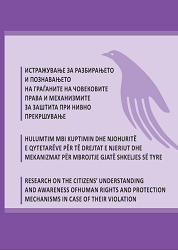
We kindly inform you that, as long as the subject affiliation of our 300.000+ articles is in progress, you might get unsufficient or no results on your third level or second level search. In this case, please broaden your search criteria.

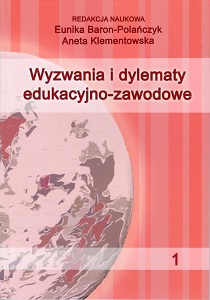
Human being to meet the demands of the present day should undertake various tasks, must be carried out not only with great commitment, but above all it is necessary that tey are prepared to implement them properly. Among the roles of an adult human is the role of the professional. Entry into the professional role and its fulfillment is often the quality of the human life. Given the importance of the role of the professional, the article is a discussion on how to prepare students Caring Education and Prevention for its implementation. The University assumed responsibility for initiating professional development of students – future educationalists.
More...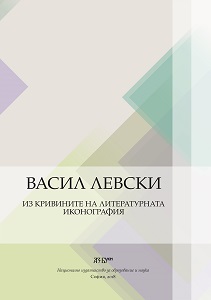
Dedicated to the 180th anniversary of the birth of Vassil Levski, this collection gathers in one place the research efforts of literary writers and historians. The aim is tracing the way of the narrative about the historical personality to the sacred status of the national icon of the Apostle. The achieving of this scientific task intertwines the poetry of the "canonization strategist" (Hristo Botev), the words of today's lyricists, the memory of the associates, the "written by the hand of the Apostle", the results of an Olympiad in Taraklia (Moldova), the English press, the today’s children book and even the name of a mystical regiment The research efforts face the mystery of Apostle’s path into and out of monasticism, the words of veterans and philosophers, the ode and the rhapsody, the camera and the paint brush, the sound and the letter... To draw a never-ending journey, that will forever - and everywhere, accompany the Bulgarian spirit.
More...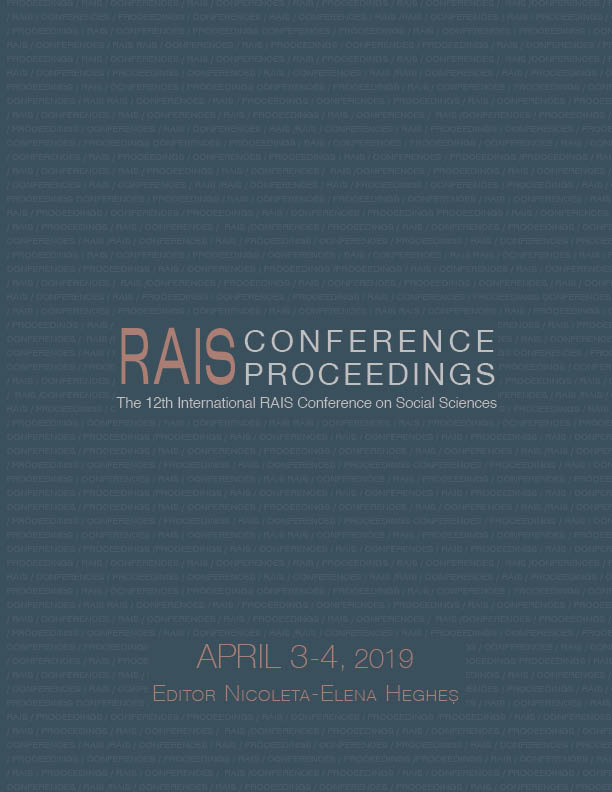
This research had the objective of exploring the impact of education in citizens’ competences, whilst using the Participatory-Action-Research (PAR) methodology—created by the sociologist Orlando Fals Borda (1970)—on leaders that work with teens in impoverished and marginalized communities. The study explores the impact of the training on five NGO’s in citizens competences for the empowerment and promulgation of participatory democracy. We expected to scrutinize PAR’s methodology and the training in citizens competences with content and other methodologies that transform the research practices and encourage citizen’s empowerment. By practicing the seven phases of PAR, we designed surveys, conducted interviews and visited five NGO’s that offer educative services in Puerto Rico to identify their needs. We facilitated workshops on cognitive, emotional, social and communicative competences—according to their felt-expressed needs. Afterwards, we designed and implemented evaluations using participatory methodologies. The results indicate they incremented in 75 percent their consciousness, knowledge and strengthened their ability to make individual and collective decisions. It led them to a sense of empowerment as citizens and leaders that can play a role in the development of democratic practices in their NGO’s, their community and the public policy education of their country. They recognize, in over 80 percent of their responses, the need of incorporating participatory methodologies as well as citizens’ competences to their programs and curriculums. Also, they suggested the board of directors should be trained on these methodologies and contents, in order to transform the NGO’s that serve disadvantaged communities.
More...
Organizational life is multi-focused symbolic reality today, new and existing employees learn, transfer and transform in working experience. Managerial actions give both real and symbolic results. Symbolic contexts, like influence, commitment, shared values, mission clearance in project teams and others, create challenges. The paper discusses symbolic imprinting and symbolic triggers in organizational life, and shares the first cut results of the study through the metaphoric mechanics among business school students with fresh working experience. Symbolic imprinting constitutes stamping in memory some transferring values and meaning interpretations, and symbolic triggers are the external environment signs and images, which make imprints work out in specific thinking, behavioral, and communication mechanisms. Transformational processes – learning, growing, development, - are realized within the symbolic context. Symbolic imprints and triggers transfer specific concept of the organizational life, freeing up the meanings and important orientations for ‘homo symbolicus’.
More...
Resocialization is a educational, reeducative and a treatment process for to convicted persons, through which it is aimed their readaptation to the system of norms and values accepted by societies, for the purpose of social reintegration and the prevention of recidivism. The social reintegration of former detainees is part of the punishment and requires increased attention. For this process to be successful, it is necessary to develop some standards, and then, in order to ensure a lifestyle that assures the respect of these normative, there must be a social environment open in this sense. In a changing economic and social environment, the isolation of people in detention makes their professional and social skills to be inadequate at the time of release of them from the penitentiary. An important role in the chances of the sentenced to resocialization is the right of the detainee to keep in touch with the progress of the society outside the prison.
More...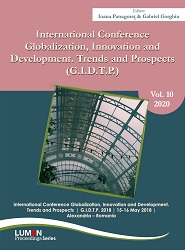
Education is a culture of character, a habit against nature, but the only one that distinguishes people. It is an art that makes the conscious pass into the subconscious, it is a fact of the school, and of a virtue that every individual carries within. Everywhere in the world, leaders or managers are forced to make capital investment decisions. Investment options are pre-weighed extensively and all asset acquisition options and alternatives are analyzed in detail. For example, for the acquisition of a car, meaning an investment of a few tens of thousands of euros, the criteria are: "Which is the best in terms of quality/price, and which has the highest level of reliability?" the same questions, however, are asked when making investment decisions in human capital. The success of a business in today's times is extremely dependent on the understanding that the importance of long-term investment in people and human capital is a huge one.
More...
This paper meets the analysts' forecasts of a new economic crisis that Romania will face in 2018. The competent and efficient management of education at both the system and the educational institution requires its scientific substantiation. The basis of this is the science of education management or educational management. The success of management in general and especially of education can be more importantly enhanced by the intelligent actions of managers and the achievement of more and better performance, with less, referring to time, material and financial resources, human resources, efforts etc., characteristics determined by the fact that we all manage our life and work, and some of us and others. It can be appreciated that the value and effectiveness of managerial activity depend to a great extent on its substantiation on the theory of management science and the elevated, multidimensional skills of the manager, qualities that have the force to mobilize all the resources (human, informational, financial, etc.) to successfully achieve the objectives of each domain and each social unit. Education managers, starting from the fact that education is the most important factor of human education and education and the most dynamic socio-human field, must ensure its change and adaptation to the information society requirements in order to train the young generation on the basis of language and technology so that every man prepared by the school knows how to work with the computer, both for his training and for solving professional problems after his graduation from school or faculty.
More...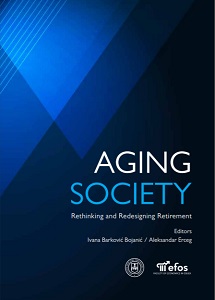
The “Silver Tsunami” is here! According to various relevant sources such as the UN Population Division, the WHO, and the ILO, population across the world is getting older. By 2050, there will be more than 20% of the world’s population aged 65 years and over. Statistics for the European Union reveal the same - the age structure of the European population is expected to change significantly over the next decades and by 2060, the share of people aged 65 and above will increase from 18% to 30% compared to now, while the share of people aged above 80 will more than double. Thus, in addition to notions such as “Silver Tsunami”, “Age Wave”, and the like, it is not surprising that the European Union has launched a notion “Silver Economy” related to economic activities of the population aged 50 and over and their impact on various sectors of the national economy. This negative demographic transition, i.e. population aging, has shown four very distinctive features: unprecedented, pervasiveness, endurance and profound implications on human life in general. On a more personal level, what we are witnessing today as a trend, we will experience first-hand in the decades to come. Yet, times are changing. An aging population is becoming a reality that is surrounded by various myths when it comes to older people as workers or as consumers. The fact is that people today live longer and healthier lives, which requires a shift in perception of age when it comes to supply and demand sides of economics. It also holds true from the perspective of other disciplines. This, in turn, opens a new frontier in academic, practical and policy thinking about rethinking aging and redesigning retirement. This multidisciplinary edited book “The Aging Society: Rethinking and Redesigning Retirement” is one attempt not to be swept away by the “Silver Tsunami” tide. The content of the chapters reveals the multifaceted and highly complex issue of aging which brought together researchers from various fields. Aging has been initially dominant in medical research since it is primarily a physiological process, yet it has proven to be a social transformation with numerous repercussions calling for researchers from economics, communication, law and others to join the scientific discussion. The authors in this edition have tried to shed light on the potential of aging research by drawing attention to various topics such as aging as a normal process, concept and measurement of the quality of life of the elderly, financial challenges and retirement literacy of the older population, specific bioethical issues, silver architecture for seniors, protection of the rights and safety of older people in transport, social entrepreneurship and franchising, collaborative economy, an age-specific ICT use gap, media literacy and communication. The book has gathered authors from Josip Juraj Strossmayer University of Osijek – Faculty of Economics in Osijek, Faculty of Law, Faculty of Medicine Osijek / Clinical Hospital Center Osijek and Faculty of Civil Engineering and Architecture Osijek, as well as Faculty of Economics and Business Zagreb (University of Zagreb), Virovitica College, Croatian Education and Teacher Training Agency, University of Information Science and Technology, “St. Paul the Apostle” (Macedonia), Beykoz University, Vocational School at Department of Social Sciences (Turkey), Nisantasi University, Vocational School at Department of Logistics (Turkey), and Warsaw School of Economics (Poland). Such institutional diversity is a signal that the issue of aging is a universally attractive research topic that easily transcends disciplinary and national boundaries. As editors of this book, we feel obliged to applaud our authors for making a research effort and scientific contribution in the advent of the global COVID-19 pandemic crisis. Our gratitude is extended to our reviewers who have been affirmative towards the content and style of this work. The publication of this book will be a permanent reminder of strength, diligence, creativity and resilience of academic scholars as individuals and universities as institutions in times challenging us on both a personal and a professional level.
More...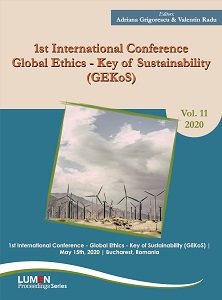
Proceedings Volume: 1st International Conference Global Ethics - Key of Sustainability (GEKoS)
More...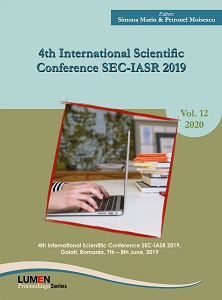
4th International Scientific Conference "Sports, Education, Culture - Interdisciplinary Approaches in Scientific Research", SEC-IASR 2019, Galati, Romania, 7th – 8th June, 2019
More...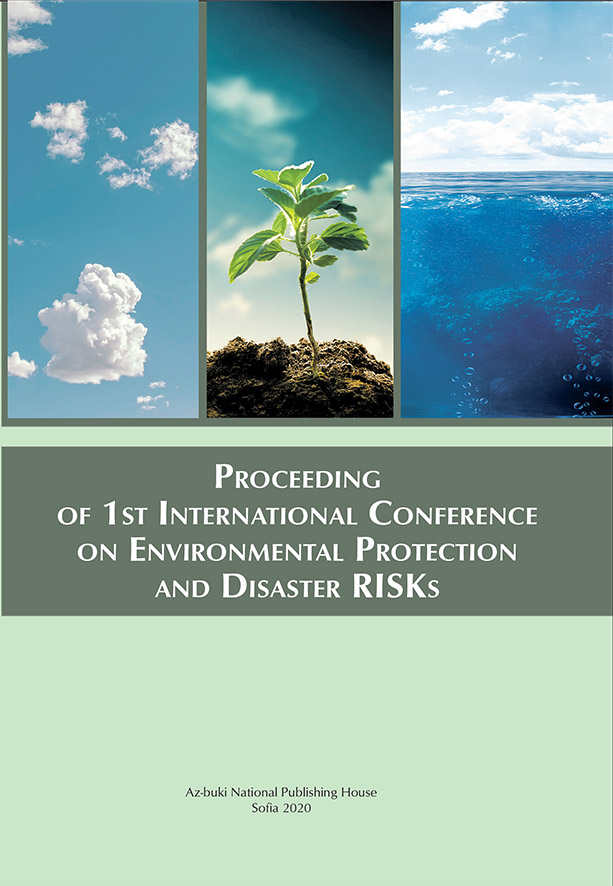
The 1st International Conference on Environmental Protection and Disaster RISKs (http://envirorisk.bas.bg/), organized by the National Geoinformation Center (NGIC) of the Republic of Bulgaria, took place on 29-30 September, 2020, in Sofia, Bulgaria. The main areas of environmental management covered by the conference are: Natural Hazards and Risks, Air Pollution, Climate and Health, Water Resources, Human Activities and Management, Biodiversity, Biotechnology for Environmental Management, Informatics, Remote Sensing, High Performance Computing and GIS for Environmental Monitoring. The Conference is based on the scientific topics covered by the National Scientific Program “Environmental Protection and Reduction of the Risk of Adverse Events and Natural Disasters” (https://nnpos.wordpress.com/). The program is approved by the Bulgarian Council of Ministers (Decision No 577 / 17.08.2018) and funded by the Ministry of Education and Science (Agreement No D01-230/06-12-2018).
More...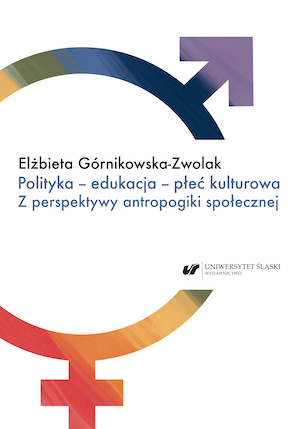
Politics is a ubiquitous term today. The author, a representative of social pedagogy (anthropogics), analyzes various approaches to politics, focuses on social and educational policy, looking for a place for gender politics. In her dissertation, she provides a critical insight into the educational policy in Poland after the 1989 political transformation. On the one hand, education is here understood broadly, also outside school, in the public space, from where messages about the educational dimension flow. On the other hand, the focus is directed to selected aspects of gender politics and education, which are critical to the development of girls and women, especially sexual education and reproductive rights. The end of writing the thesis coincided with the outbreak of the Revolution of Women (Autumn 2020), who called for democracy and their civil rights. The publication can help readers understand why this happened.
More...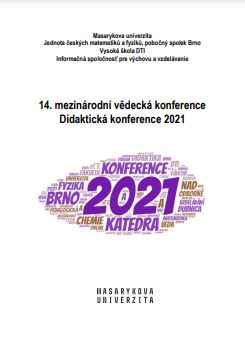
Didactics of mathematics, natural sciences and vocational education represent developing areas and are a breeding ground for new ideas and approaches. In mathematics and physics, the proceedings provide an overview of the historical development of education process and the possibilities of activating students. From a practical point of view, physics and chemistry are interconnected by using simulations in teaching. Vocational education is represented from various perspectives, whether in technical education, by solving logistical problems, or educational activities in the teaching of economic subjects. Due to the current situation, there are abundant contributions on the effects of the ongoing pandemic on the educational process and distance learning.
More...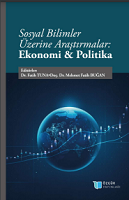
This book includes research conducted in the fields of economy and politics. Each chapter discusses topics such as land consolidation, agricultural input price index, female employment, income distribution, environmental Kuznets curve, blockchain technology, green logistics practices, Islamic economic thought, financing methods of participation banks. The chapters aim to contribute to the solution of problems in the economy and politics by discussing policies and strategies. The research presented is offered from both academic and practical perspectives, in a format suitable for a wide audience. This book provides a valuable resource for those interested in the economy and politics, as well as a reference source for academics, students, and professionals working in these fields.
More...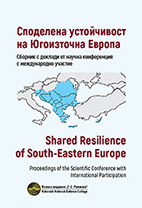
The modern world is characterized by a significant dynamization and complication of ongoing international processes and a historical transformation - a transition from a unipolar to a multipolar world, i.e. the emergence of other key players, having their own interests and resources, and creating conditions for a growing role and influence on world processes. Southeastern Europe is one of the most dynamic regions as an intersection of geostrategic, geopolitical and geoenergy interests. The dynamics of processes in the countries of South-Eastern Europe are characterized by two trends: defocusing of regional development and growing risks of regional instability; turning nationalism into an increasingly real alternative to European integration. The reasons for these trends can be related to external interests/factors, the manifestation of which is expressed in the search and confirmation of spheres of influence - both in relation to the countries as a whole, and through political and social groups within the countries. Shared sustainability has aspects that cover different areas of public life – political, economic and social. The political aspect of the shared resilience of Southeast Europe includes ensuring national security, which is possible by achieving long-term political stability in the SEE region, ensuring human rights, good governance and the rule of law by supporting democracy and collective efforts to fight with organized crime, terrorism and illegal trafficking in people, drugs and radioactive materials, creating a spirit of good neighborliness by expanding cooperation with civil society. The economic aspect combines the need to achieve optimal conditions for the development of the Bulgarian economy by expanding cooperation in terms of support for the functioning of a market economy, construction and modernization of the transport, energy and communication infrastructure and diversification of the energy market. The socio-cultural aspect is expressed in work to strengthen administrative potential and good governance, making efforts to overcome poverty, protect the environment, promote people-to-people contacts, develop cultural, educational and scientific exchanges. The development of the relations of the Republic of Bulgaria with the countries of South-Eastern Europe is of strategic importance not only for Bulgaria and the region. The shared sustainability of South-Eastern Europe should be seen as an important factor in achieving integration in the European continent as a whole.
More...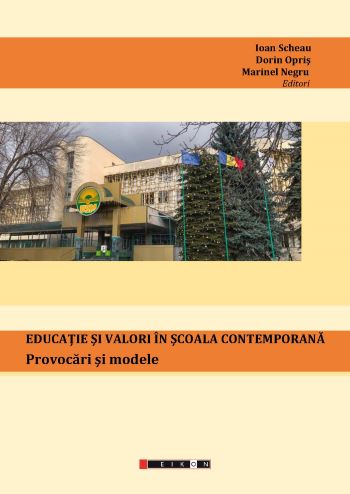
This volume includes a selection of the papers presented at the International Conference "Education in the Perspective of Values", the XV th edition, held at the Moldova State University, Republic of Moldova, in Chişinău, on September 29 th - October 1 st, 2023. The organizers of this edition were: "1 December 1918" University of Alba Iulia - Romania, "Saint Clement of Ohrid" University from Sofia - Bulgaria, University of Belgrade – Serbia, University of Primorska - Slovenia, University of Helsinki, UNESCO Chair on Values, Dialogue and Human Rights - Finland, “Babes-Bolyai” University from Cluj-Napoca, the Doctoral School “Didactics. Tradition. Development. Innovation” – Romania and Moldova State University - Republic of Moldova.
More...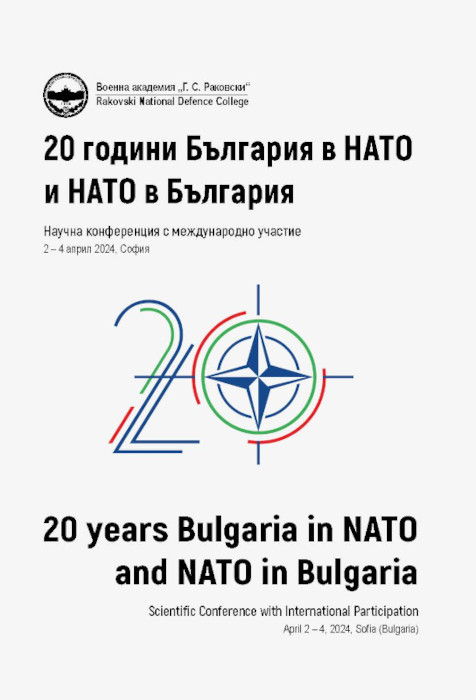
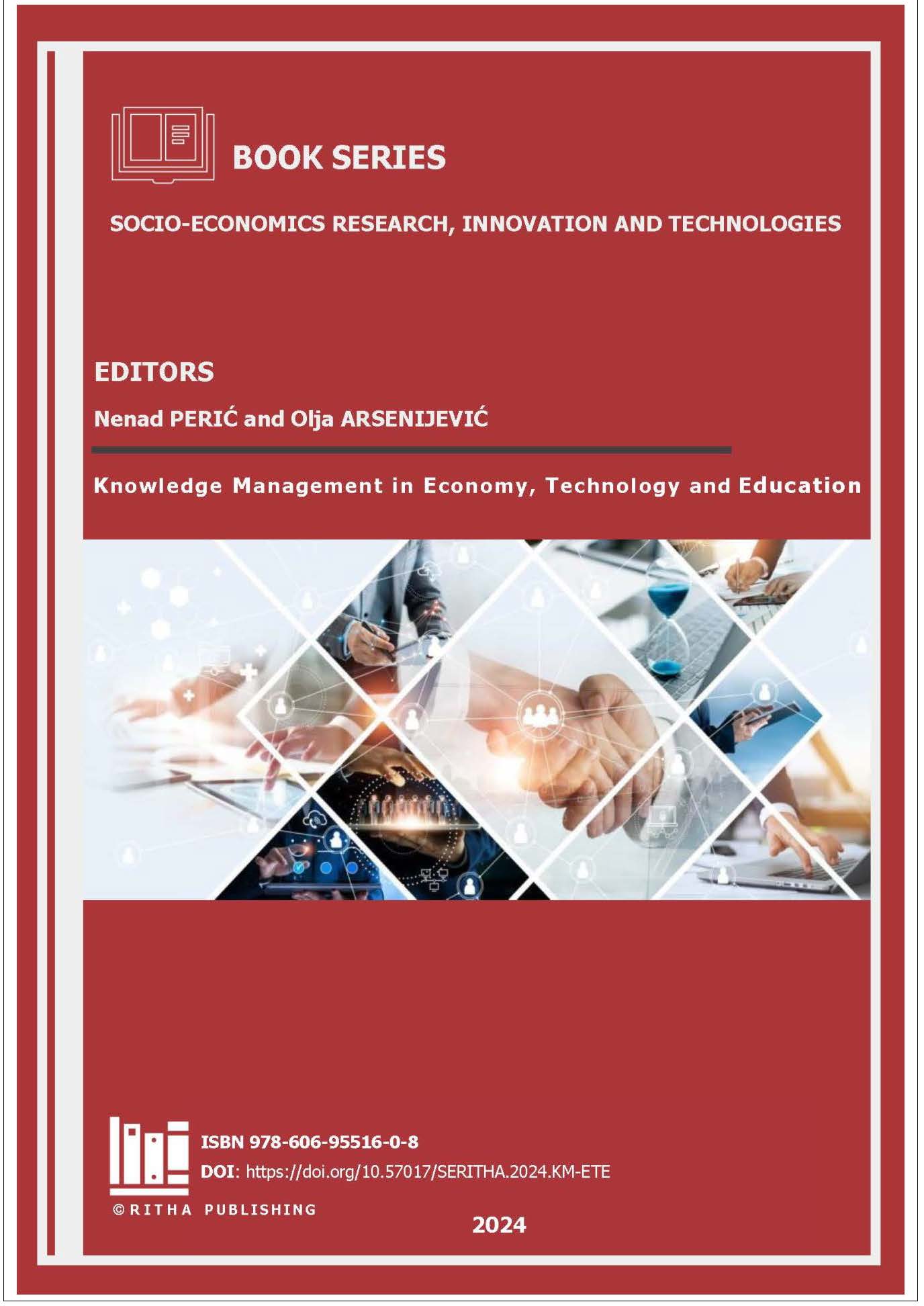
In the modern business landscape, organizations driven by labor and capital are increasingly being replaced by knowledge-based entities. The success of businesses now relies on the development of innovative products and services through multidisciplinary expertise and collaborative learning. However, the vast amount of information available often surpasses organizational capacity to effectively convert it into actionable knowledge. This has led to the recognition of intellectual capital, which encompasses human, organizational, and customer capital, as a measurable asset. This volume explores knowledge management's critical role across diverse fields, offering insights into artificial intelligence, quality management, organizational design, leadership styles, consumer behavior, and medical literacy, among others. With contributions from various scholars, this collection serves as a valuable resource for understanding the dynamic interplay between knowledge management and its applications in economic, technological, and educational contexts.
More...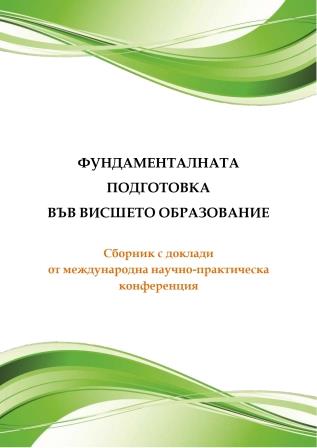
The book is published as a result of the international scientific conference, which took place at 8 November 2024. The scientific forum was organized by “Statistics and Applied Mathematics” Department of University of Economics – Varna.
More...